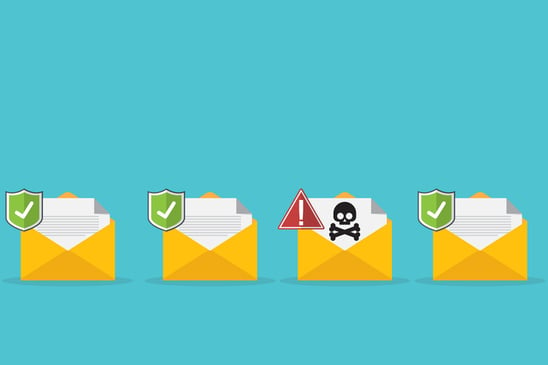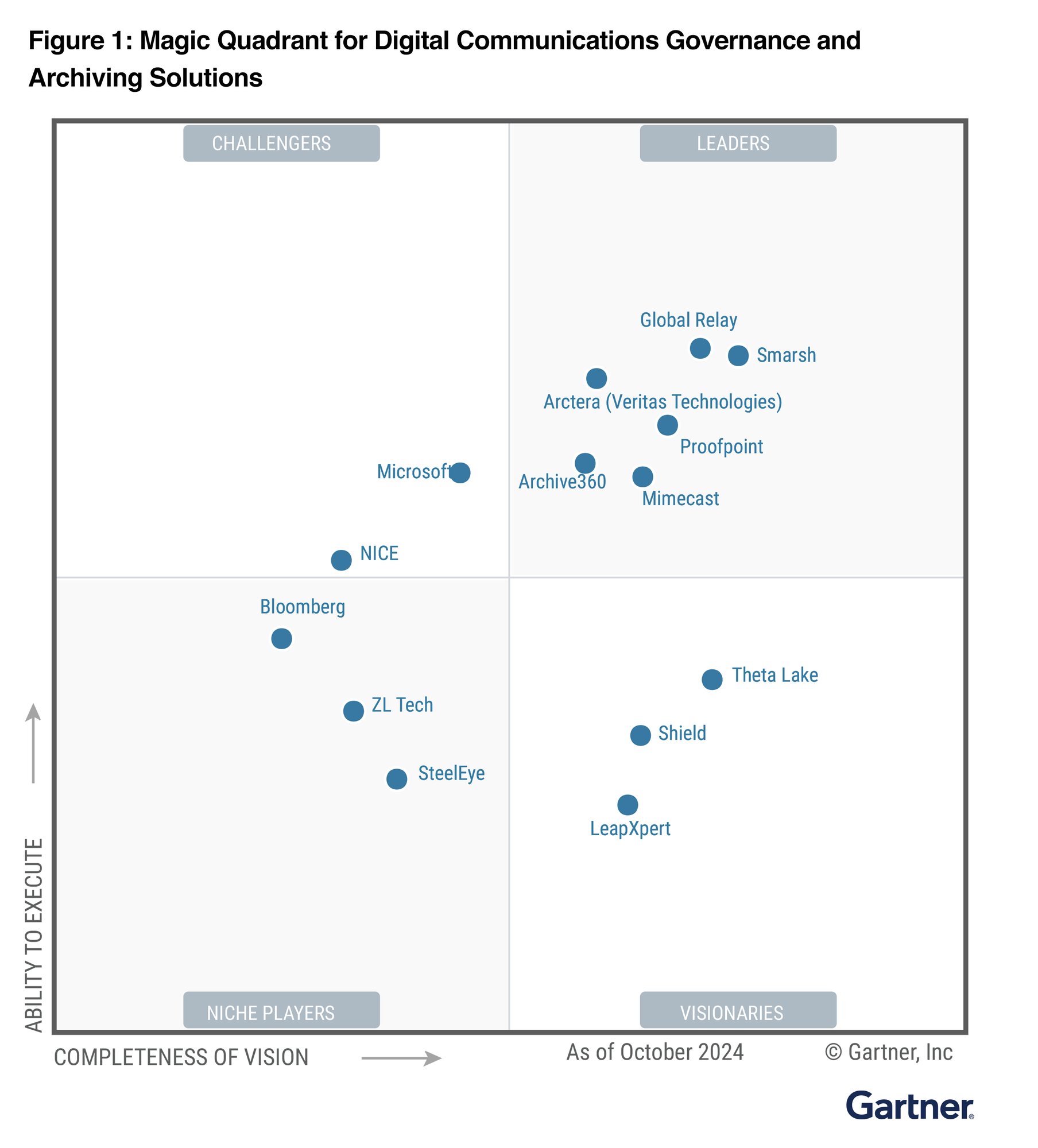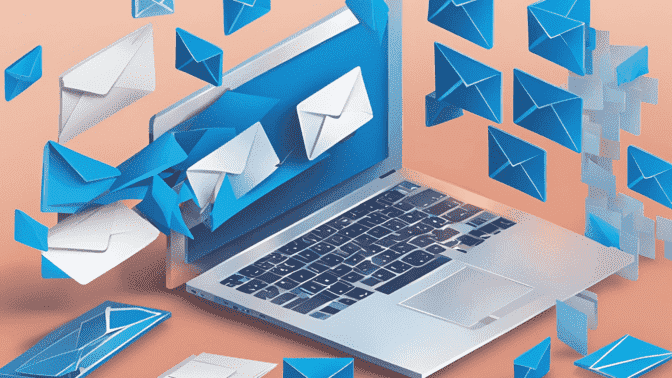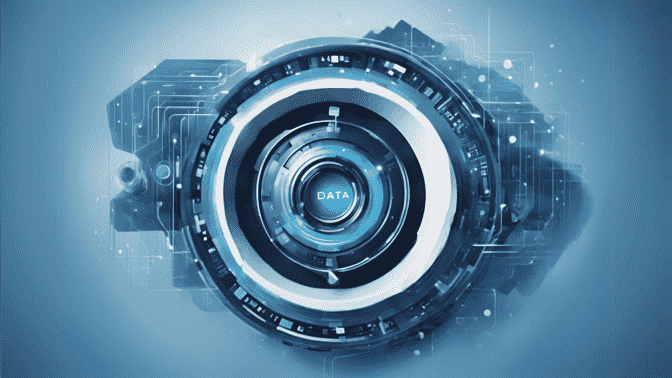
Why Legacy Email Archives Pose Serious Security Risks
- By:
- George Tziahanas |
- January 23, 2025 |
- minute read
At Archive360, we know a lot about decommissioning legacy email archives. We assist companies in migrating legacy email data to more modern, secure environments daily. The primary question we hear is: “Is it better to migrate now, or can we afford to wait?” In this article, we’ll explore the security risks associated with maintaining outdated email archives and why immediate action is crucial.
The Risks Lurking in Legacy Email Archives and Why Email Archive Security Matters
Imagine the wealth of sensitive information stored in your legacy email archive. What makes these archives so critical to secure? They contain sensitive, business-critical information that, if compromised, can lead to financial losses, reputational damage, and compliance violations. Why should securing them be a priority for your organization?
As cybersecurity risks grow increasingly sophisticated and pervasive, legacy archives lacking modern protections become easy targets for bad actors, turning them into high-risk liabilities. These archives often hold an extensive range of emails and attachments spanning a decade or more from every employee, including:
Confidential sales data
This includes customer lists, pricing structures, and contracts, which are often stored in legacy email archives and require robust security measures to prevent unauthorized access or theft. These archives, without modern email archive security measures in place, can become prime targets for unauthorized access, theft, and misuse. Safeguarding this data with advanced security protocols is essential to prevent potential breaches and maintain client trust.
Financial records
Financial documents like budgets, invoices, and tax filings are common in email archives. Legacy systems lacking modern encryption and monitoring can make this information a prime target for cybercriminals.
Critical intellectual property
Intellectual property, including product designs, patents, and trade secrets, is frequently stored in email archives. Failing to secure these archives exposes organizations to risks of IP theft, potentially leading to significant financial and reputational damage.
Consider the technology that was cutting-edge ten years ago- it's now outdated and often unable to withstand modern cyber threats. A legacy email archive storing sensitive information becomes a high-risk liability as it ages.
Fact Check: Are Legacy Archives a Security Threat?
It’s no secret that hackers frequently target emails due to the valuable information they hold. What makes email archives particularly attractive to attackers is the sheer volume of sensitive data they store, ranging from personal identifiable information (PII) to intellectual property and financial records.
Securing these archives is not just about protecting data but also about ensuring compliance with regulations and avoiding costly breaches. Here are a few key findings from our research:
- Phishing remains the most common attack method - 94% of companies fell victim to phishing in 2023—a 40% increase from 2022. [1]
- The rise of Generative AI is making phishing attacks even more sophisticated. Recent data from Harvard Business Review showed that AI-automated phishing was successful against 60% of test subjects. Perhaps even more worryingly, this same research also demonstrated that the entire phishing process can be automated using large language models (LLMs), reducing phishing attacks' costs by more than 95% while achieving equal or greater success rates.
These statistics underscore the vulnerabilities inherent in legacy systems that were not designed to fend off advanced threats.
Outdated Email Archives are a Cybersecurity Risk
The reality is that many legacy email archives were developed in the late 1990s or early 2000s—well before modern cybersecurity standards were established. These systems often lack encryption, multi-factor authentication, and real-time threat monitoring, leaving them highly susceptible to modern attack methods such as phishing, ransomware, and unauthorized data access.
While periodic updates and patches are sometimes available, their effectiveness depends entirely on consistent and timely application by the user. Neglecting this maintenance not only increases vulnerability to cyberattacks but also creates significant compliance and regulatory risks for organizations.
If organizations aren’t diligent about keeping their environment up-to-date, they’re exposing themselves to known vulnerabilities, cybersecurity risks, and compliance and regulatory risks.
Now Is The Time to Migrate to a Modern Email Archive
If you are operating with a legacy email archive, you should carefully consider the security risks. While factors like budget, regulatory compliance, and operational impact are important considerations, security should be the top priority.
A modern archiving platform, like Archive360, offers enhanced encryption and data protection features, compliance with the latest industry standards, and lower operational risks associated with outdated systems.
Retiring your legacy email archive involves several critical steps. First, all archive data is migrated into a secure holding repository. At this point, the legacy archive can be safely decommissioned, including erasing its contents and repurposing its servers, ensuring no future eDiscovery complications arise. Next, archive data is filtered using keyword searches to identify content that should remain on litigation hold or comply with regulatory retention requirements. The remaining data is categorized to determine what should be retained for business purposes, moved to the appropriate repository, or defensibly deleted.
When you are ready to retire your legacy email archive, Archive360 is here to help. With over 2,000 successful migrations since 2012, we’ve earned our reputation as “the archive migration experts.” Our proven methodology ensures that your email archive migration is secure, compliant, and efficient.
Secure Your Data with Archive360
Don’t wait for a security breach to compromise your sensitive information. Legacy email archives are vulnerable to modern cybersecurity threats, but Archive360 offers a reliable solution. With advanced encryption, compliance features, and seamless migration services, we ensure your transition to a secure modern email archive is effortless and effective. Contact Archive360 today to schedule a demo or speak with one of our archive migration or email archiving specialists.

Analyst Report
2025 Gartner® Magic Quadrant™ for Digital Communications Governance and Archiving
This inaugural Gartner Magic Quadrant for Digital Communications and Archiving has been produced in response to the rise in communication tool complexity and requests from clients seeking guidance on the selection of vendors and solutions that specialize in governing this data.
George Tziahanas, AGC and VP of Compliance at Archive360 has extensive experience working with clients with complex compliance and data risk related challenges. He has worked with many large financial services firms to design and deploy petabyte scale complaint books and records systems, supervision and surveillance, and eDiscovery solutions. George also has significant depth developing strategies and roadmaps addressing compliance and data governance requirements. George has always worked with emerging and advancing technologies; introducing them to address real-world problems. He has worked extensively with AI/ML driven analytics across legal and regulatory use cases, and helps clients adopt these new solutions. George has worked across verticals, with a primary focus on highly regulated enterprises. George holds an M.S. in Molecular Systematics, and a J.D. from DePaul University. He is licensed to practice law in the State of Illinois, and the U.S. District Court for the Norther District of Illinois.





